A week after Iran became the only country at the United Nations General Assembly to dissociate itself from a resolution against Holocaust denial, a broad group of Iranian personalities and former US government officials gathered to commemorate International Holocaust Memorial Day on Clubhouse, the social network.
[aesop_image img=”https://kayhanlife.com/wp-content/uploads/2022/01/WhatsApp-Image-2022-01-28-at-11.26.42-PM.jpeg” panorama=”off” align=”center” lightbox=”on” captionsrc=”custom” captionposition=”left” revealfx=”off” overlay_revealfx=”off”]
“The Iranian Holocaust Remembrance” was organized by the Iranian-American broadcast journalist and former State Department official Ellie Cohanim.
Cohanim told Kayhan Life after the virtual event that while Iran “denies the Holocaust and was alone in the world at the UN voting against a resolution which condemns Holocaust denial,” she herself was “privileged to be a part of an event with hundreds of Iranians who reject the regime’s Holocaust denial and wished to honor the memory of the six million Jews murdered in the Holocaust.”
Victoria Coates — a former White House deputy national security adviser and a Distinguished Fellow at the American Foreign Policy Council — also took part in the Clubhouse exchange. She described it as a historic first for the social network.
Participants “wanted to both reaffirm that such persecution of the Jewish people must never happen again—and for me, most hopefully, to call out the genocidal Islamic Republic of Iran for its shameful anti-Semitism,” Coates said in an interview with Kayhan Life.
Today, an estimated, 8,300 Jews remain in Iran. More than 90 percent of the Jewish population has left the country since it became an Islamic Republic, according to Cameron Khansarinia, Policy Director at the National Union for Democracy in Iran (NUFDI), who took part in the Clubhouse exchange.
The reign of Mohammad Reza Shah Pahlavi (1941-1979) is remembered as a golden age for the Iranian Jewry. Broadly speaking, Iran was long considered a safe haven for Jews in the Middle East. The Jewish population more than tripled from 30,000 in the early 19th century to nearly 100,000 in 1979.
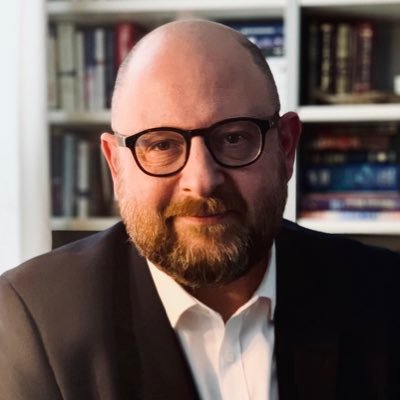
Len Khodorkovsky, a former U.S. deputy assistant secretary of state, recalled in an interview with Kayhan Life how his own family had suffered directly because of the Holocaust. ”My great-grandmother died in a Nazi ghetto,” he said. “I appreciated the opportunity to share my own connection to the Holocaust” on Clubhouse.
Khodorkovsky said he took Ayatollah Ali Khamenei’s denial of the Holocaust personally, and was passionate about challenging that view.
Desecration of Iran’s Holiest Jewish Site: Interview with Journalist Menashe Amir
“It was also important for me to thank the Iranian people for saving thousands of Jews from the Nazis, including many children,” he explained. “Finally, I wanted to acknowledge the deep-rooted friendship between the Jewish and Iranian people dating back to Cyrus the Great. I have no doubt that soon that historic bond will be rekindled through the Cyrus Accords.”
The ‘Cyrus Accords’ are a new Washington initiative urging a normalization in relations between Iran and Israel.
During the Clubhouse conversation, Alireza Nader, a senior fellow at the Foundation for Democracy, reminded listeners that Judaism predated Islam in Iran. The history of the Iranian Jewry dated back 2,700 years, he said. Nader also paid tribute to the memory of Abdol Hossein Sardari, an Iranian diplomat in Paris who issued passports to Iranian and non-Iranian Jews in the hopes of protecting them from Nazi persecution.
Mariam Memarsadeghi, a senior fellow at the Macdonald-Laurier Institute and a leading proponent of a democratic Iran, said: “The Islamic Republic censors, denies and even lampoons the Holocaust because it is a regime fueled by anti-Semitic hate and terror. If it would allow open and honest discussion about the Holocaust, the horror of its own ideology would be even more readily apparent. “
The Iranian-Canadian lawyer and human rights activist, Kaveh Shahrooz, a senior fellow at the Macdonald-Laurier Institute, described the Holocaust as one of the, if not the, ugliest episodes in human history “
Shahrooz pointed out that the regime in Iran “claims that its fierce anti-Israel position is because it wants to protect Muslims in Palestine. But that is a lie. A regime that has a great relationship with China – a country that is engaged in a genocide of its own Muslims – doesn’t really care about Muslims.”
“Understanding the Holocaust and making sure that it never happens again means understanding the severe threat posed to Jews today by the apartheid regime that controls Iran,” he said.
Erfan Fard, a counter-terrorism analyst and author of “The Gruesome Killer, The Ruthless Mullah”, said “the spreading of hate speech is rooted in terrorist loving mullahs in Iran.”
Cohanim led the first delegation of Iranian Muslims to Israel after the 1979 Revolution. She said that on the first day, the delegation went to visit the Yad Vashem Holocaust Memorial Museum, because they “expressly wished to show the world that they stand against Jew hatred and they stand with the Jewish state of Israel. I have witnessed that spirit among the Iranian people when they refuse to step on the Israeli flags painted on Tehran’s streets. I know the people of Iran reject the regime’s vile antisemitism.”
Another member of that historic delegation of Iranian Muslims in Israel was Dr. Behzad Tabatabaei, an international economist.
“The friendship between Iranians and Jews shall continue after the removal of the clerical regime,” he said. “The bonds of the people of Iran and Israel are strong and deep. We shall not forget, and never again!”
British-Iranian Sarah Gharib Produces Documentary on Holocaust Memorial Day


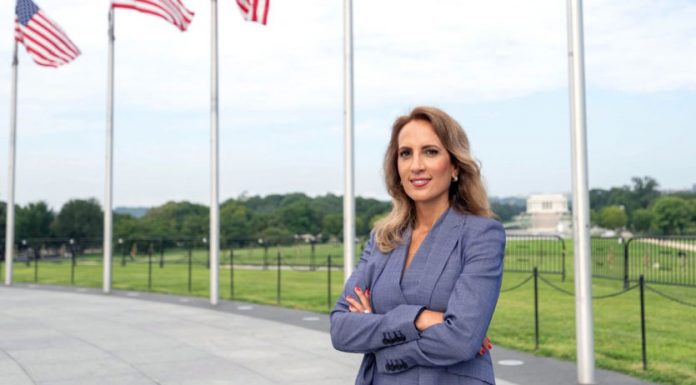
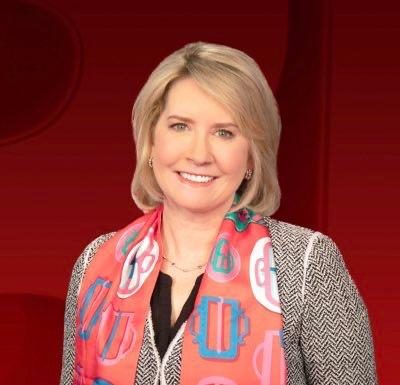
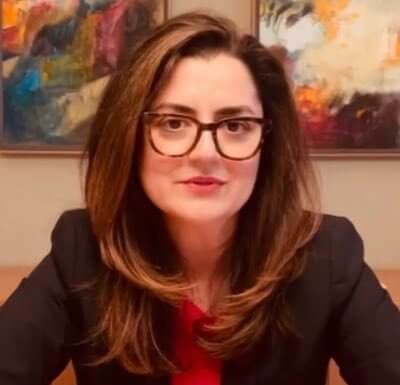
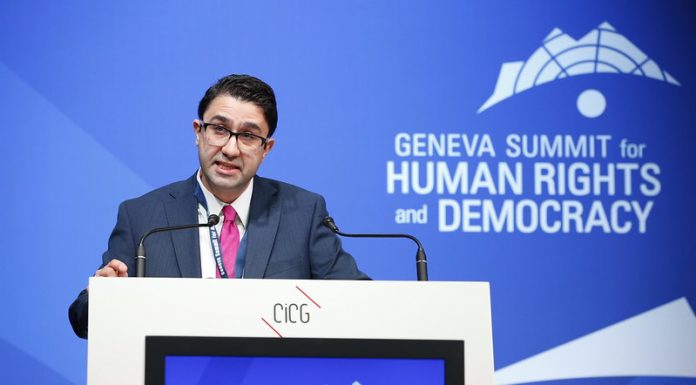

The author of the book about Abdol Hossein Sardari, from which the above photograph of him and the blog by Sheema Kalbasi may have originated, was a journalist at Kayhan and Kayan-International in Tehran from 1973 to 1978. His articles appeared in both dailies regularly, and he contributed short stories to Zan-e-Rouz occasionally as well. He is Fariborz Mokhtari, a retired professor currently living in the United States. His book, first published London in 2011 (History Press), is titled, IN THE LION’S SHADOW: THE IRANIAN SCHINDLER AND HIS HOMELAND IN THE SECOND WORLD WAR.